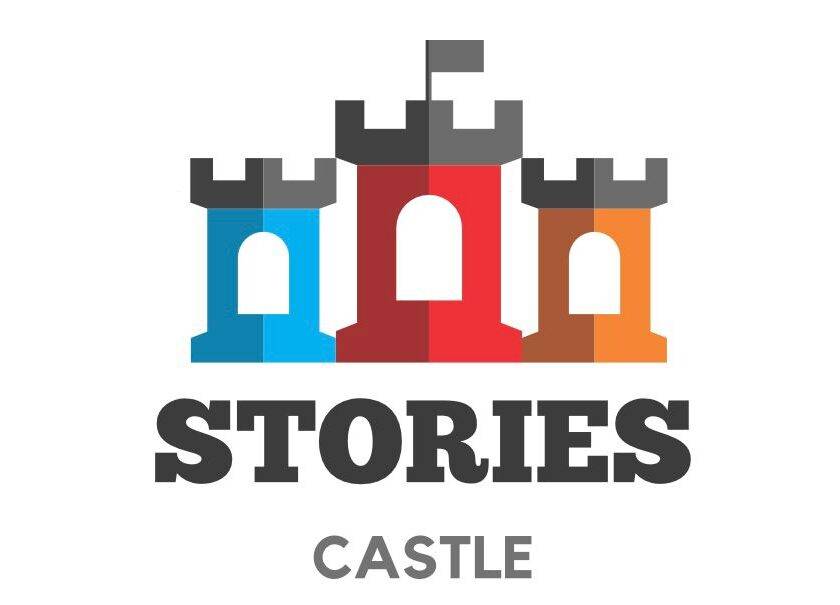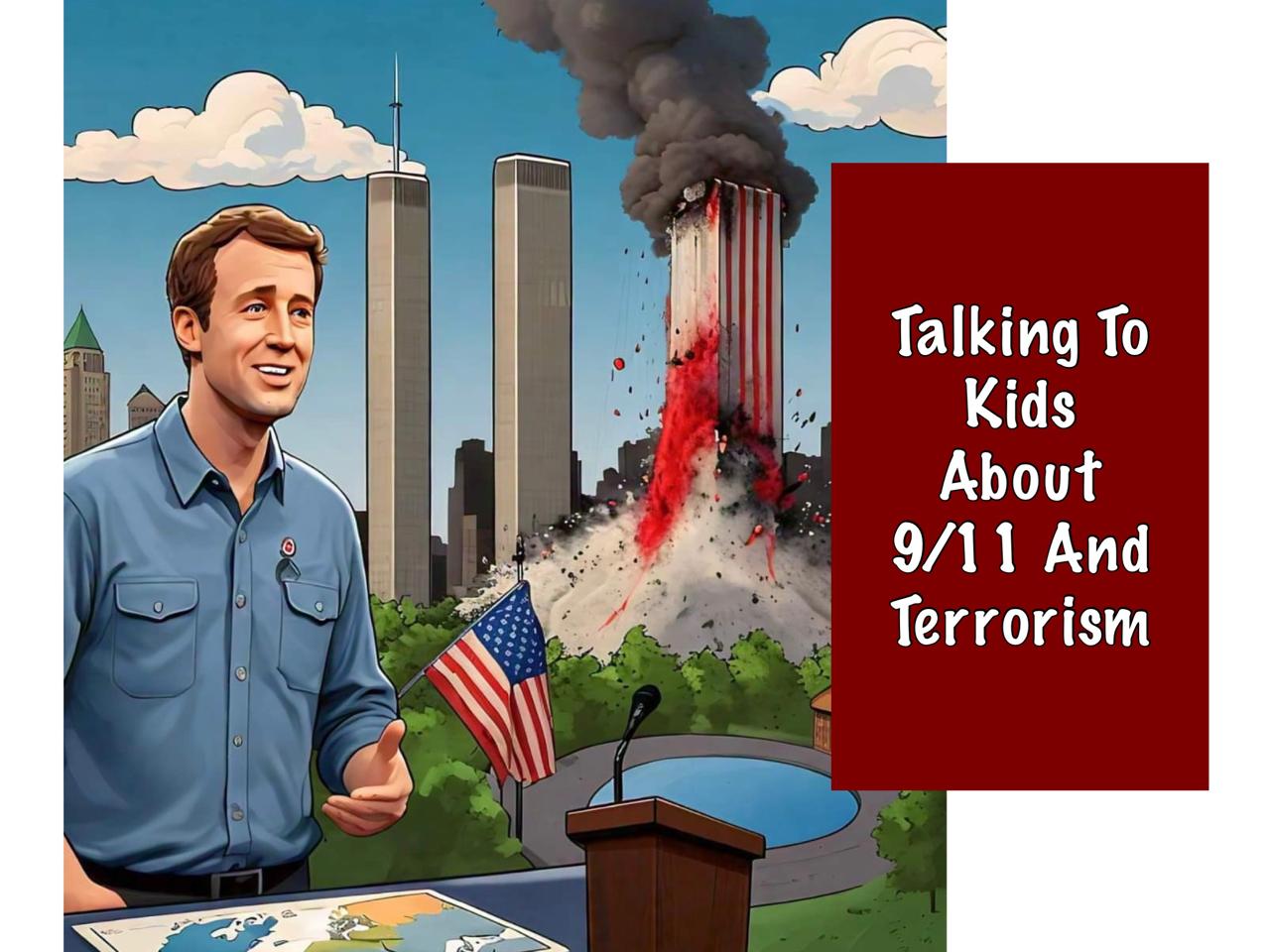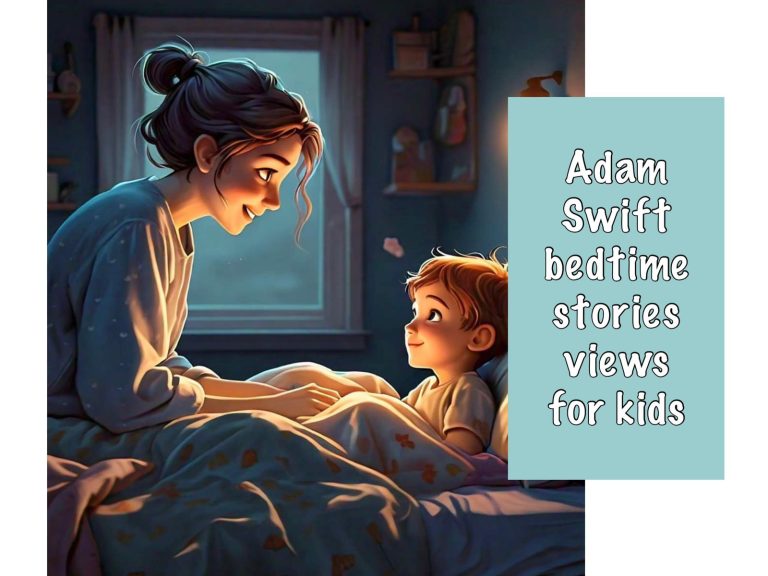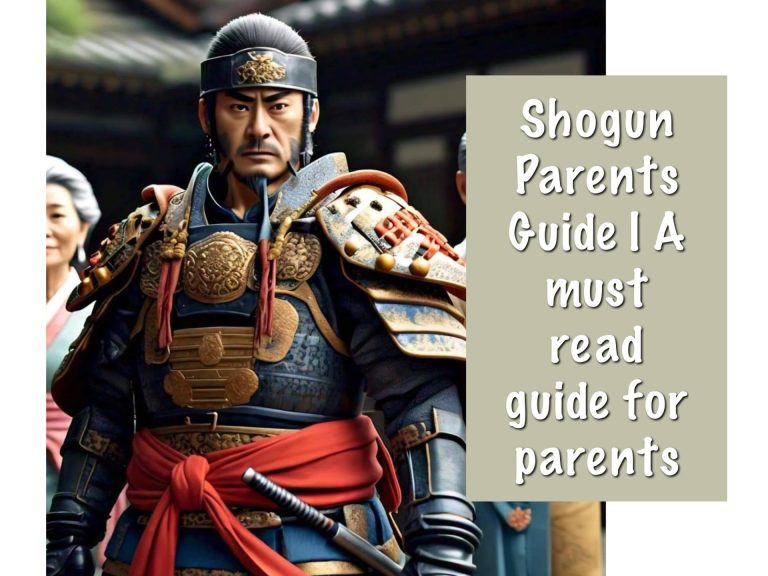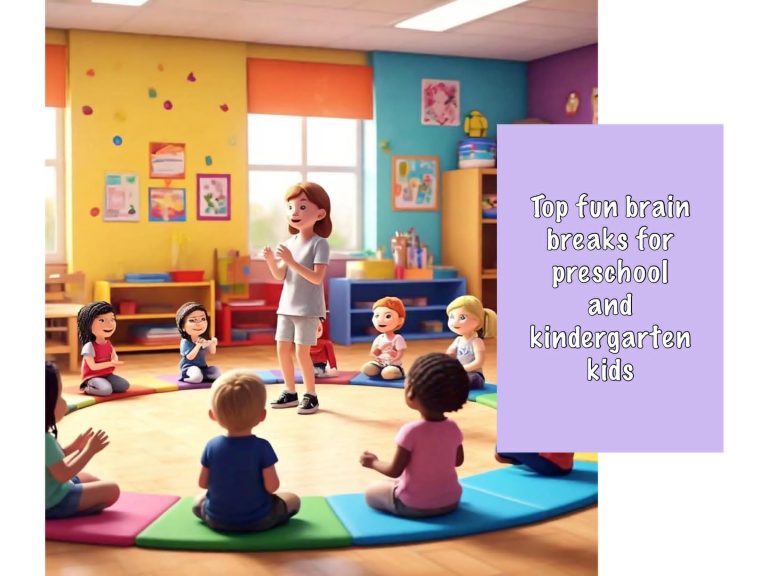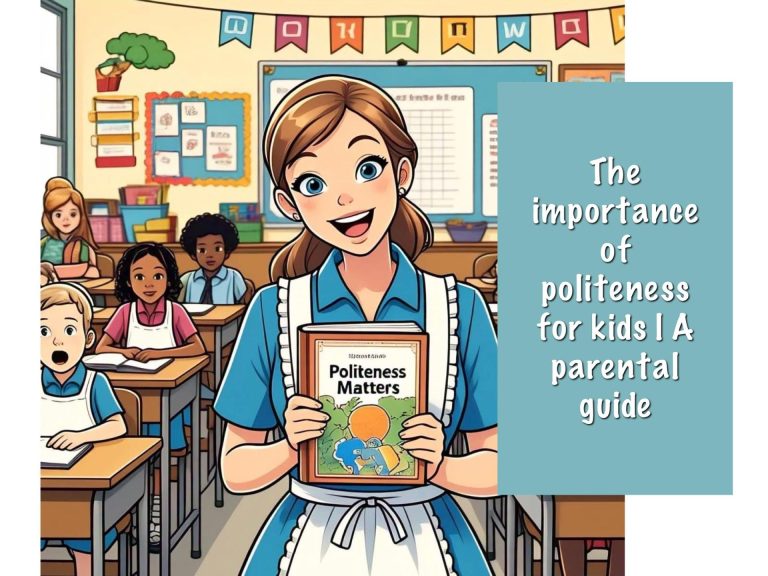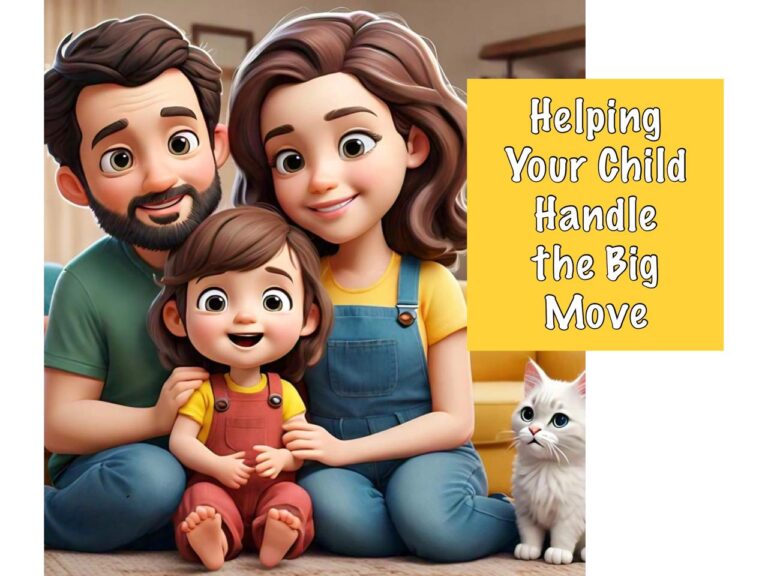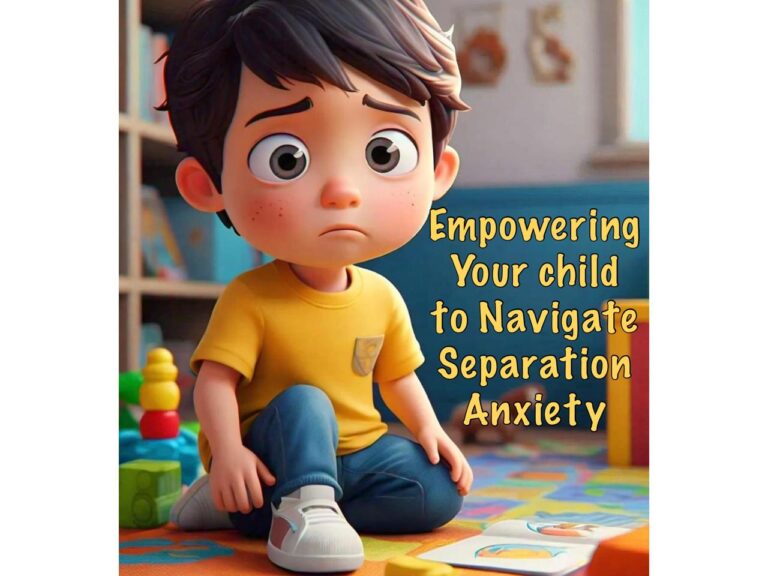9/11 For Kids | A Parental Guide to Guiding Kids About Terrorism
Explaining complex and emotional events like 9/11 to children can be a difficult task for any parent. Kids may have heard about the day, but they don’t always understand what really happened or why. This parental guide is here to help you navigate that conversation and guide your kids through understanding the basics of terrorism in a way that is informative yet gentle.
What Happened on 9/11?
On September 11, 2001, terrorists carried out attacks on the United States, targeting important buildings like the Twin Towers in New York and the Pentagon. These attacks were devastating and affected many people, but they also led to communities coming together in support and resilience. While the details of the day can be overwhelming, it’s possible to explain 9/11 to children without causing them unnecessary fear.
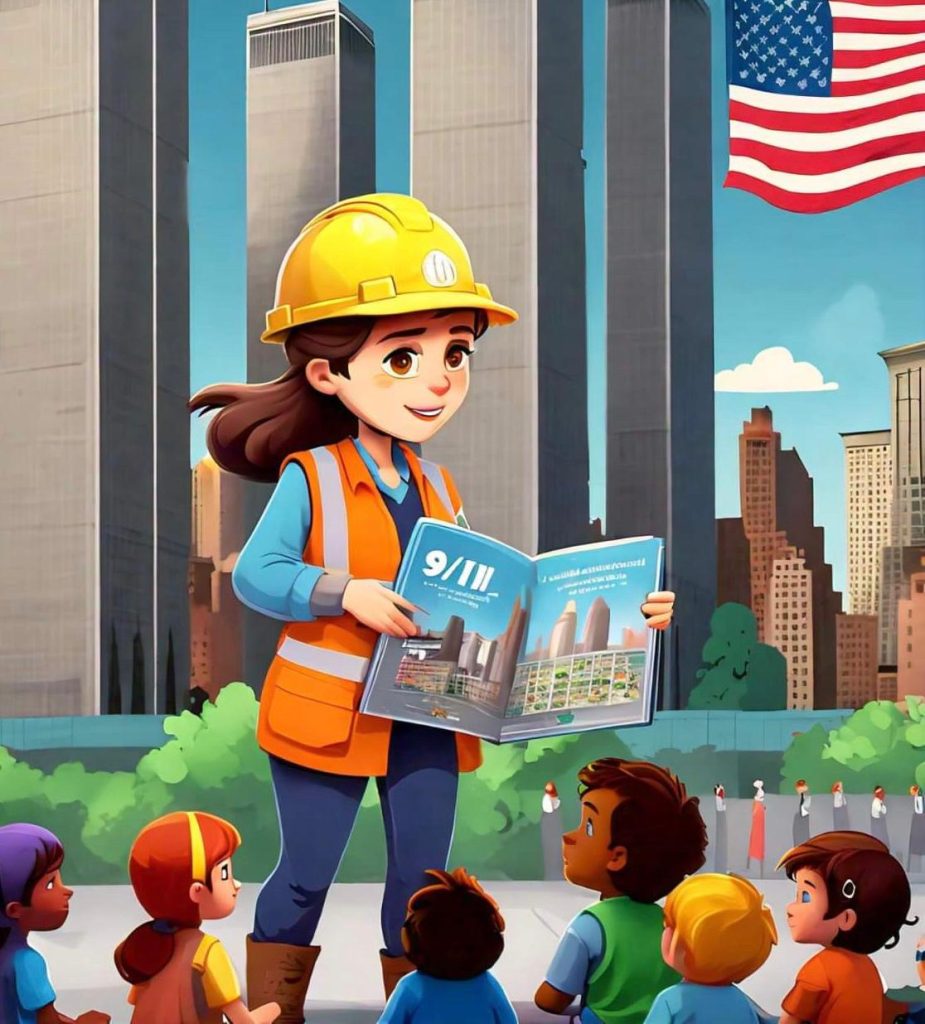
How Do You Talk About 9/11 With Kids?
It’s all about keeping the conversation age-appropriate. Kids don’t need to know every detail. Instead, we can focus on basic facts and offer reassurance. Here’s how you can start:
- Start with Simple Facts: Tell your child that on 9/11, some people did something very bad, and many people were hurt. However, we learned from that day, and now there are more protections in place to keep everyone safe.
- Focus on Safety: It’s natural for children to worry when they hear about terrorism. Be sure to emphasize that while this event was very serious, it was a rare occurrence. Reassure them that we are all much safer today because of the changes made after 9/11.
- Encourage Questions: Let your child ask questions. Their curiosity is a chance to clear up any misunderstandings they may have and help them feel more secure. If they ask questions you don’t know how to answer, it’s okay to say, “Let me think about how to explain that,” or even “I don’t know, but we can learn together.”
- Explain Terrorism Gently: You can describe terrorism in a way kids can understand by saying something like, “Sometimes people do very bad things because they want to hurt others or make them afraid. But most people in the world are good, and we all work together to stop bad things from happening.”
Why This Conversation Matters
While it may be tempting to avoid tough topics like 9/11, helping kids understand such events prepares them for the world they live in. It also gives them tools to handle their emotions when they encounter difficult situations in the future.
Talking about 9/11 allows children to develop a sense of empathy. By discussing how people came together to help one another during the aftermath, we can highlight positive human qualities like kindness, bravery, and community support.
Tips for Parents
Here are a few practical tips to keep in mind when you’re ready to talk about 9/11:
- Be Calm and Open: Kids will take cues from you. If you approach the topic calmly, they’re more likely to feel safe.
- Use Kid-Friendly Resources: There are some great educational tools out there, like the BrainPOP 9/11 video, which explains the events of the day in a simple, sensitive manner. Watching something like this together could be a great way to open up the conversation.
- Focus on the Helpers: Like Fred Rogers once said, “Look for the helpers.” After 9/11, there were so many stories of firefighters, police officers, and ordinary citizens who helped each other. This can be a positive angle to help kids understand that even in dark times, good people make a difference.
- Check In Later: Sometimes kids need time to process what they’ve learned. Check in with them later to see if they have more questions or concerns. Reassure them that they can come to you anytime they want to talk.
FAQs for Parents
Q: How much detail should I share about 9/11 with younger children?
A: Keep it simple. Younger children don’t need graphic details. Focus on the basics of what happened, and reassure them that they are safe now.
Q: My child seems really anxious about the topic, what should I do?
A: If your child becomes anxious, comfort them by emphasizing how rare these events are. Remind them about the safety measures in place now and the many people working every day to keep us safe.
Q: Should I introduce the idea of terrorism at all?
A: It depends on your child’s age and sensitivity. For very young children, the word “terrorism” might not be necessary. You can just talk about bad people doing something wrong and focus on how good people respond.
Conclusion
Talking about 9/11 with kids can be tricky, but with the right approach, you can help your child understand the event while making them feel safe and supported. By answering their questions honestly and gently, you’ll help them grasp this important historical event without overwhelming them. Most importantly, reassure them that even in difficult times, people come together to protect and help one another.

